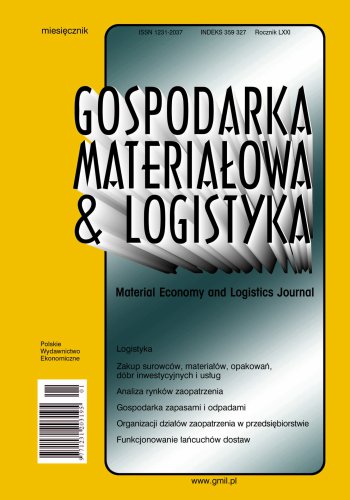Projects have entered the life of many organizations. They have long been the domain of the IT and construction industries, today the design approach also dominates in consulting, among all types of subcontractors, as well as in public administration units, which more and more often implement projects financed from EU funds. Companies taking their first steps in project management do not know where to start, what to invest in, which techniques to use. Ultimately, some of the purchased solutions are not used in practice or are not compatible with other tools. There is a risk of discouraging employees from the whole idea of project management, and projects still exceed the original budgets, are not implemented on time or do not meet certain quality requirements. This disturbing situation gives rise to the need to create a comprehensive, structured procedure for implementing new project management standards in organizations. Such a system is designed to collect information about available practices and enable coordinated development in this field. Several companies have undertaken to create such a system. The solutions they propose, known as design maturity models, are presented in this article.
Keywords: project management; project maturity

